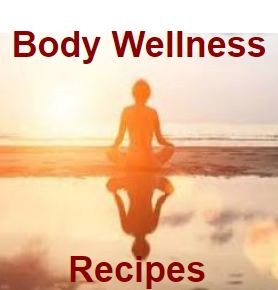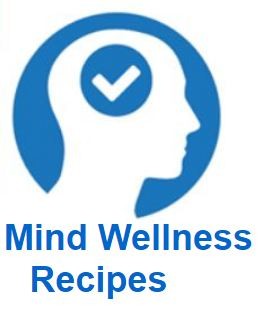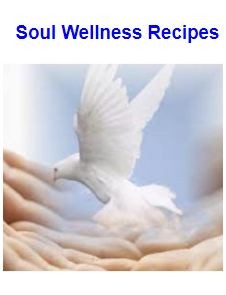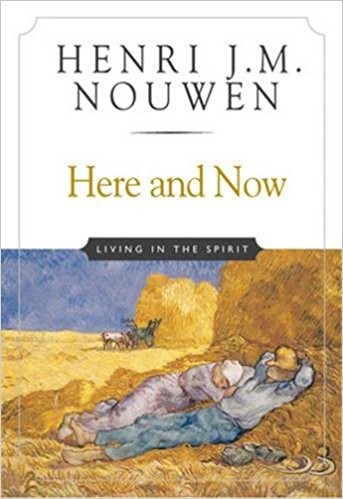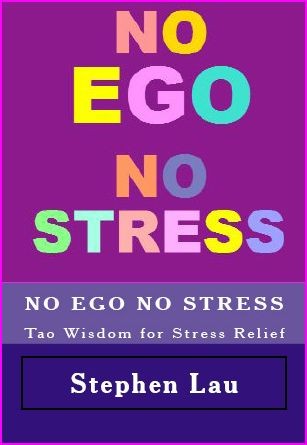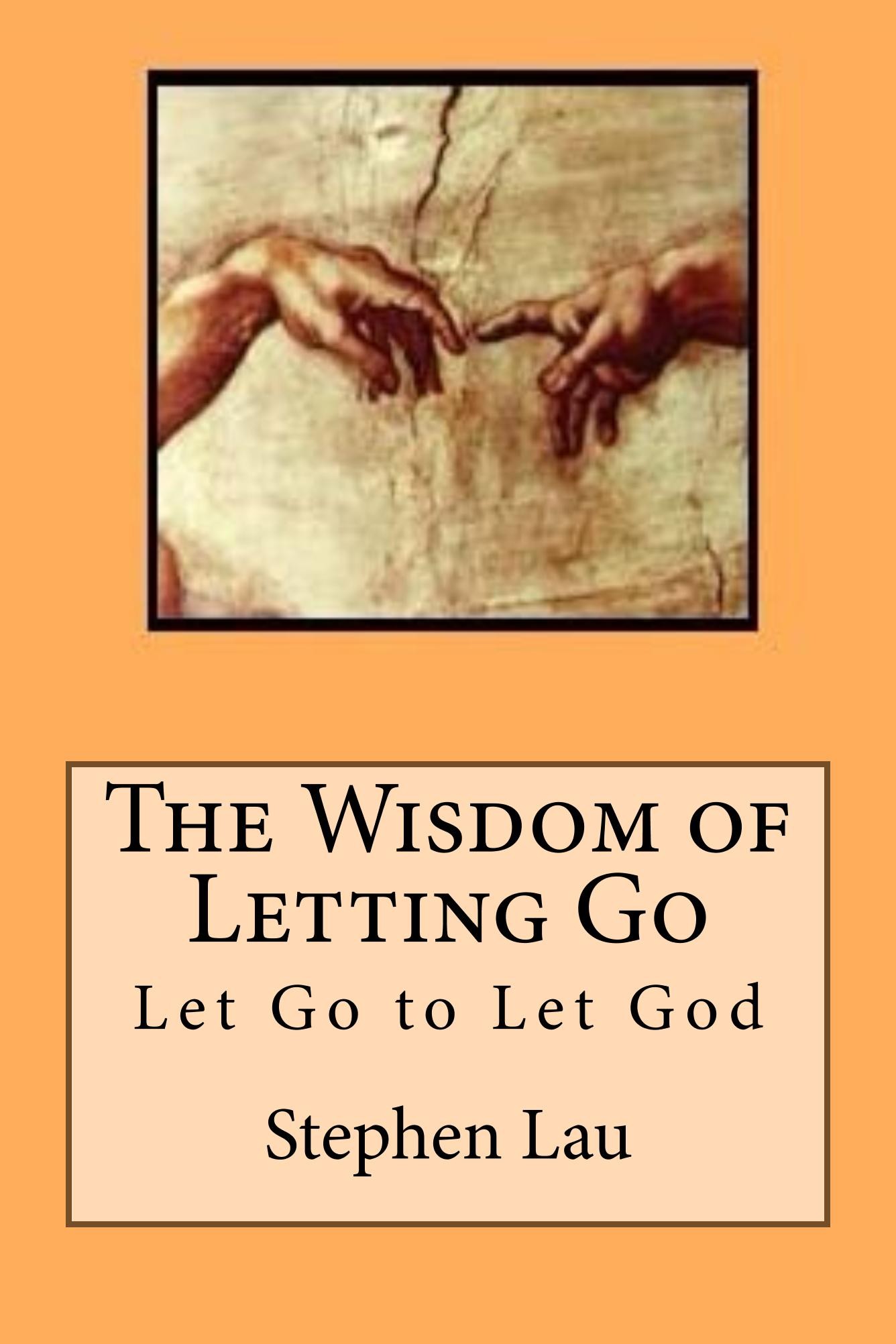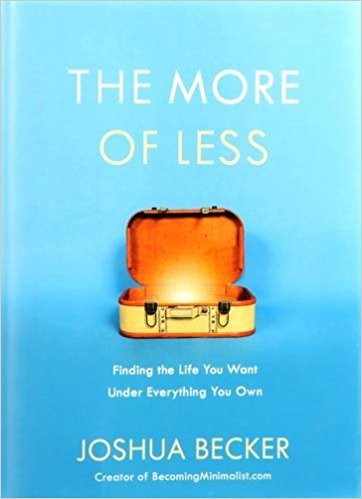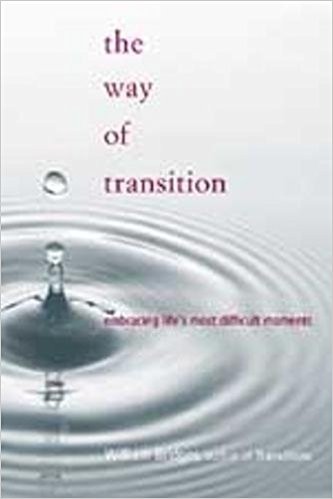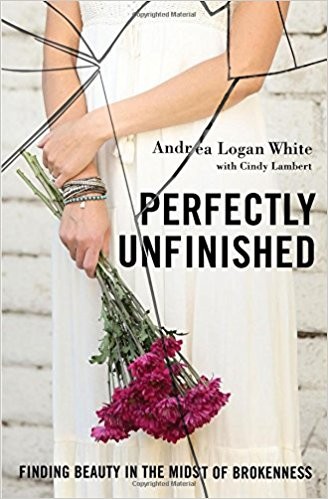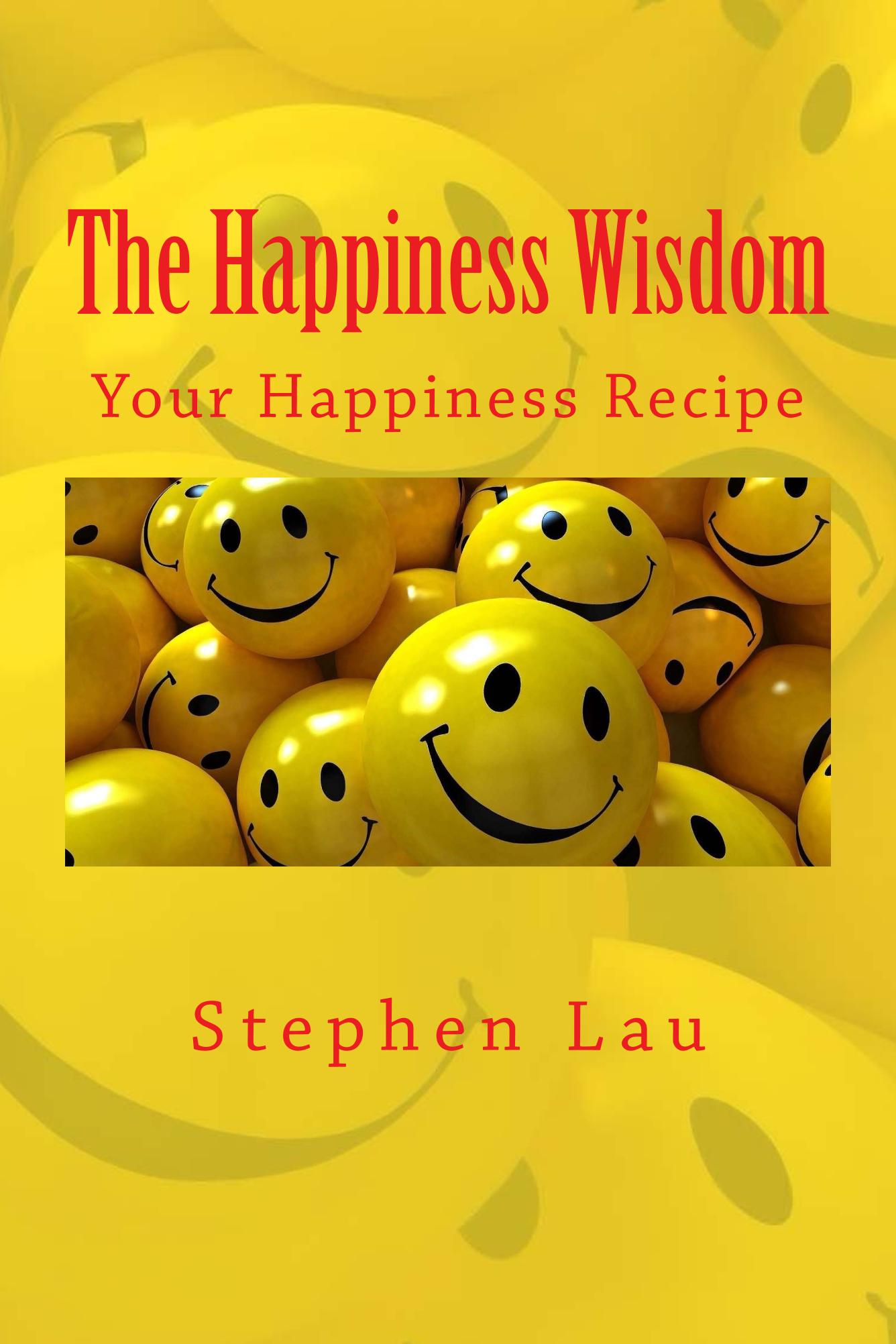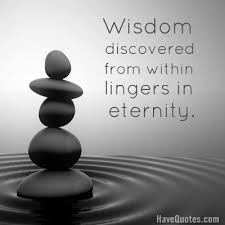
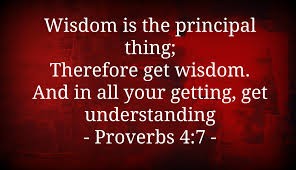
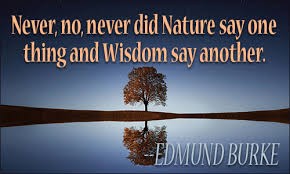
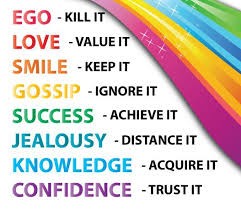



Optimal Living Recipes
Stephen Lau
Stephen Lau
Wisdom in Living
Living in the Present
According to Lao Tzu, the ancient sage from China, also the author of Tao Te Ching, which is the immortal classic on human wisdom, living in the present is the essence of wisdom in living. The past is gone, the future is unknown, and only the present is real, and that's why it is called "the present" which is a gift.
Unfortunately, many of us do not really live in the present: what we are doing at the present moment is often conditioned by what happened in the past, as well as by the projection of the past into the future in the form of mental expectation. As a result, the mind no longer stays in the now.
In the present, a compulsive mind does not quiet down. Only a quiet mind that stays in the present can let us see our own insignificance, as well as our past folly and future futility in identifying ourselves with past thoughts and the uncertainty of our future expectations.
Multi-tasking, a common characteristic in contemporary living, is not living in the present. If you watch TV while eating your dinner, or talk on the cell phone while driving your car, you are not living in the present.
When the mind stays in the present, it does not see the ego-self because the ego-self does not exist in the present, only in the deceptive mind of an individual. Without the ego-self, you have clarity of mind: you see things as they really are, and not as your subconscious mind tells you; more importantly, you become enlightened as you see your true self.
The profound wisdom of letting the mind stay in the present moment has to be continually cherished and nourished until you have better control of your subconscious mind, which ultimately directs your conscious mind, which makes all the choices and decisions in your life.
Having No Ego-Self
The ego-self, according to Lao Tzu, is the "false" identity or self-image that an individual has created as well as attributed to himself or herself based on the thoughts stored in both the conscious and the subconscious mind.
The key to liberation from the unconscious or subconscious mental preoccupation with the ego-self is deliberate detachment from past thoughts or future projections by focusing the mind on the present moment -- even for a short while, such as in meditation -- to enable you to look objectively at your past and future thoughts in order to help you determine if they genuinely determine who you really are.
The truth of the matter is that you are not your mind, and your mind is not you. The more you become attached to your thoughts, the more you will be controlled by them.
With humility, you begin to look inside yourself, and find out who you really are, and not what your mind says who you are supposed to be..
Letting Go
Tao wisdom (the wisdom of Lao Tzu) begins when the conditioned mind embarks on the journey of "reverse thinking", which will ultimately change your life forever.
Contemporary wisdom puts much emphasis on the self, such as "self-esteem" that we often become "self-conscious" and "self-centered" with a "false" ego-self. The ego-self is false because it is fed by the subconscious mind. For example, if people around you repeatedly say you are smart, soon enough you will believe that you are really smart. Worse, you will not only do but also attach to anything and everything that will protect and boost your false ego-self.
Living in the present enables you to see your real self, not your false ego-self. Without the ego-self, you may learn to let go your attachments, which include attachment to material things, attachment to time, attachment to success to feed your false ego-self.
"Fame or the self, which is dearer?
The self or wealth, which is greater?"
(Lao Tzu, Tao Te Ching, Chapter 44)
"Seeking the Creator,
we give up something everyday."
(Lao Tzu, Tao Te Ching, Chapter 48)
Letting go of all attachments, especially the attachment to the ego-self is never easy. But do it anyway!
No Over-Doing
Living in the present may help you diminish, if not completely eliminate, your ego-self. Without focusing too much on the ego-self, you become enlightened and learn how to let go your attachments to this mundane world. You reverse the conditioned mindset of over-doing, such as "the more, the better." You simply do what is necessary, without any over-doing.
"That is why we exert effortless effort.
We act without over-doing.
We teach without arguing.
This is the Way to true wisdom.
This is not a popular way
because people prefer over-doing."
(Lao Tzu, Tao Te Ching, Chapter 43)
Even President Ronald Reagan made a reference to the wisdom of "no over-doing" of Lao Tzu in one of his state-of-the-union addresses when he said: "Govern a great nation as you would cook a small fish, we do not flip it too much, nor do we overcook it." The President was referring to "little or no intervention" in world affairs; just as you cook a small fish. Quite the contrary, the United States is interfering too much in world affairs; as a result, it has got itself into financial and political problems of all kinds.
The wisdom is to do what is necessary, and no more. This is the wisdom of no over-doing.
Embracing with No Expectation
With no ego-self, you let go any attachment and you need not "over-do" to boost or protect your ego-self. You do what you can with what you have, and you always do what is necessary to accomplish what needs to be accomplished. In the process, you do not pick and choose. Good fortunes and misfortunes, frustrations and disappointments are at times inevitable, and so are successes and failures. You just take them in stride. With no expectation, you stop picking and choosing -- picking and choosing often leads to bad choices, and hence disappointments and regrets.
"Success is avoiding failure; avoiding failure is seeking success.
Both originate from fear and pride: the source of human suffering."
(Lao Tzu, Tao Te Ching, Chapter 13)
With no expectation, you embrace whatever that comes along in your life, and you learn from your mistakes and grow from your misfortunes.
"There is no gain without loss
There is no abundance without lack.
We do not know how and when
one gives way to the other."
(Lao Tzu, Tao Te Ching, Chapter 42)
Embrace whatever that comes along in your life, and learn from all your imperfections.
The more questions you ask yourself, the more you know yourself, and knowing yourself is true wisdom.
"Knowing others is intelligence.
Knowing ourselves is true wisdom.
Overcoming others is strength.
Overcoming ourselves is true power."
(Lao Tzu, Tao Te Ching, Chapter 33)
Stephen Lau
Copyright © Stephen Lau
According to Lao Tzu, the ancient sage from China, also the author of Tao Te Ching, which is the immortal classic on human wisdom, living in the present is the essence of wisdom in living. The past is gone, the future is unknown, and only the present is real, and that's why it is called "the present" which is a gift.
Unfortunately, many of us do not really live in the present: what we are doing at the present moment is often conditioned by what happened in the past, as well as by the projection of the past into the future in the form of mental expectation. As a result, the mind no longer stays in the now.
In the present, a compulsive mind does not quiet down. Only a quiet mind that stays in the present can let us see our own insignificance, as well as our past folly and future futility in identifying ourselves with past thoughts and the uncertainty of our future expectations.
Multi-tasking, a common characteristic in contemporary living, is not living in the present. If you watch TV while eating your dinner, or talk on the cell phone while driving your car, you are not living in the present.
When the mind stays in the present, it does not see the ego-self because the ego-self does not exist in the present, only in the deceptive mind of an individual. Without the ego-self, you have clarity of mind: you see things as they really are, and not as your subconscious mind tells you; more importantly, you become enlightened as you see your true self.
The profound wisdom of letting the mind stay in the present moment has to be continually cherished and nourished until you have better control of your subconscious mind, which ultimately directs your conscious mind, which makes all the choices and decisions in your life.
Having No Ego-Self
The ego-self, according to Lao Tzu, is the "false" identity or self-image that an individual has created as well as attributed to himself or herself based on the thoughts stored in both the conscious and the subconscious mind.
The key to liberation from the unconscious or subconscious mental preoccupation with the ego-self is deliberate detachment from past thoughts or future projections by focusing the mind on the present moment -- even for a short while, such as in meditation -- to enable you to look objectively at your past and future thoughts in order to help you determine if they genuinely determine who you really are.
The truth of the matter is that you are not your mind, and your mind is not you. The more you become attached to your thoughts, the more you will be controlled by them.
With humility, you begin to look inside yourself, and find out who you really are, and not what your mind says who you are supposed to be..
Letting Go
Tao wisdom (the wisdom of Lao Tzu) begins when the conditioned mind embarks on the journey of "reverse thinking", which will ultimately change your life forever.
Contemporary wisdom puts much emphasis on the self, such as "self-esteem" that we often become "self-conscious" and "self-centered" with a "false" ego-self. The ego-self is false because it is fed by the subconscious mind. For example, if people around you repeatedly say you are smart, soon enough you will believe that you are really smart. Worse, you will not only do but also attach to anything and everything that will protect and boost your false ego-self.
Living in the present enables you to see your real self, not your false ego-self. Without the ego-self, you may learn to let go your attachments, which include attachment to material things, attachment to time, attachment to success to feed your false ego-self.
"Fame or the self, which is dearer?
The self or wealth, which is greater?"
(Lao Tzu, Tao Te Ching, Chapter 44)
"Seeking the Creator,
we give up something everyday."
(Lao Tzu, Tao Te Ching, Chapter 48)
Letting go of all attachments, especially the attachment to the ego-self is never easy. But do it anyway!
No Over-Doing
Living in the present may help you diminish, if not completely eliminate, your ego-self. Without focusing too much on the ego-self, you become enlightened and learn how to let go your attachments to this mundane world. You reverse the conditioned mindset of over-doing, such as "the more, the better." You simply do what is necessary, without any over-doing.
"That is why we exert effortless effort.
We act without over-doing.
We teach without arguing.
This is the Way to true wisdom.
This is not a popular way
because people prefer over-doing."
(Lao Tzu, Tao Te Ching, Chapter 43)
Even President Ronald Reagan made a reference to the wisdom of "no over-doing" of Lao Tzu in one of his state-of-the-union addresses when he said: "Govern a great nation as you would cook a small fish, we do not flip it too much, nor do we overcook it." The President was referring to "little or no intervention" in world affairs; just as you cook a small fish. Quite the contrary, the United States is interfering too much in world affairs; as a result, it has got itself into financial and political problems of all kinds.
The wisdom is to do what is necessary, and no more. This is the wisdom of no over-doing.
Embracing with No Expectation
With no ego-self, you let go any attachment and you need not "over-do" to boost or protect your ego-self. You do what you can with what you have, and you always do what is necessary to accomplish what needs to be accomplished. In the process, you do not pick and choose. Good fortunes and misfortunes, frustrations and disappointments are at times inevitable, and so are successes and failures. You just take them in stride. With no expectation, you stop picking and choosing -- picking and choosing often leads to bad choices, and hence disappointments and regrets.
"Success is avoiding failure; avoiding failure is seeking success.
Both originate from fear and pride: the source of human suffering."
(Lao Tzu, Tao Te Ching, Chapter 13)
With no expectation, you embrace whatever that comes along in your life, and you learn from your mistakes and grow from your misfortunes.
"There is no gain without loss
There is no abundance without lack.
We do not know how and when
one gives way to the other."
(Lao Tzu, Tao Te Ching, Chapter 42)
Embrace whatever that comes along in your life, and learn from all your imperfections.
The more questions you ask yourself, the more you know yourself, and knowing yourself is true wisdom.
"Knowing others is intelligence.
Knowing ourselves is true wisdom.
Overcoming others is strength.
Overcoming ourselves is true power."
(Lao Tzu, Tao Te Ching, Chapter 33)
Stephen Lau
Copyright © Stephen Lau

Stephen Lau's
EXPERIENCING OF LIFE RECIPES
EXPERIENCING OF LIFE RECIPES
Perfectly Unfinished
Be the imperfect YOU! Never wish you were someone else! There is no "what if" in whatever that has happened in your life. Accept and embrace whatever you encounter in life, and find beauty even in your broken life.
Be the imperfect YOU! Never wish you were someone else! There is no "what if" in whatever that has happened in your life. Accept and embrace whatever you encounter in life, and find beauty even in your broken life.
Here and Now
Spiritual living takes place in the present. Spirituality exists in the ordinary, not the extraordinary.
Spiritual living takes place in the present. Spirituality exists in the ordinary, not the extraordinary.
The More of Less
Wisdom to find the life you want under everything you own. Declutter your mind!
Wisdom to find the life you want under everything you own. Declutter your mind!
The Way of Transition
Learn the way of transition to embrace all life challenges and obstacles, and even death.
Learn the way of transition to embrace all life challenges and obstacles, and even death.
The Happiness Wisdom
Your Happiness Recipe -- Ingredients: Ancient Wisdom! Conventional Wisdom! Spiritual Wisdom!
Happiness or unhappiness is only a perception of the human mind. That is why you need wisdom to change your thinking mind in order to change the "realities" you perceive, making you happy or unhappy.
This 161-page book shows you how ancient wisdom from the East and the West, conventional wisdom, and spiritual wisdom may enlighten you. Also, the book provides many real-life examples reported in the news and the media to illustrate how and why happiness or unhappiness occurs to humans.
Your life journey is uniquely yours, and so are your life experiences. This book provides you with happiness ingredients, but you have to make your own recipe.
To get your digital copy, click here; to get your paperback copy, click here.
Your Happiness Recipe -- Ingredients: Ancient Wisdom! Conventional Wisdom! Spiritual Wisdom!
Happiness or unhappiness is only a perception of the human mind. That is why you need wisdom to change your thinking mind in order to change the "realities" you perceive, making you happy or unhappy.
This 161-page book shows you how ancient wisdom from the East and the West, conventional wisdom, and spiritual wisdom may enlighten you. Also, the book provides many real-life examples reported in the news and the media to illustrate how and why happiness or unhappiness occurs to humans.
Your life journey is uniquely yours, and so are your life experiences. This book provides you with happiness ingredients, but you have to make your own recipe.
To get your digital copy, click here; to get your paperback copy, click here.
